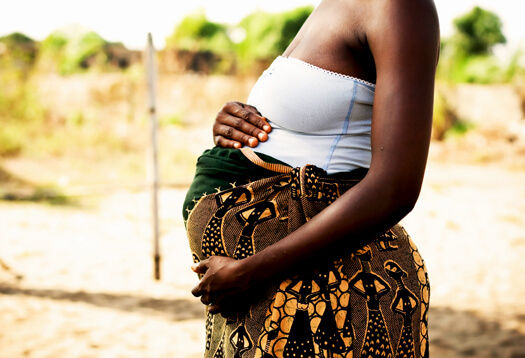As nutrition remains the hallmark of maternal, new born and child health, a medical expert and Head of Neonatology Unit, Department of pediatrics, Lagos University Teaching Hospital, LUTH, Professor Chinyere Ezeaka, has said that 62 percent of physicians lack knowledge of nutrition.
Making this revelation in Lagos during the convocation ceremony of pediatricians, physicians who participated in the Boston University School of Medicine in collaboration with Nestlé Nutrition Institute with the vision to train health workers on nutrition, Ezeaka said that when nutrition is compromised, the child tends to develop all kinds of problems and health not been optimized.
Advertisement
Ezeaka, who is also the National President, Nigerian Society of Neonatal Medicine, said the Nestlé Nutrition Institute’s program consists of 10 modules which many physicians started but not all completed, adding that the institute is glad to convocate those who were able to complete the program.
She said: “to prevent neonatal morbidity and mortality, we are looking at children from birth, 28 days and subsequently as infant. If everybody embarks on optimal nutrition education and give nutrition counseling, we would not be having a lot of issues around nutrition. Nutrition education and counseling should start with exclusive breastfeeding.”
According to her, “Nigeria has one of very lowest exclusive breastfeeding rate. The global average for exclusive breastfeeding is around 35 percent and Nigeria has 17 percent. Countries like Ghana, is aiming for 70 percent. So many mothers actually go ahead to add water during breastfeeding. That actually reduced the rate of exclusive breastfeeding in Nigeria.
“Exclusive breastfeeding rate means right from within 30 minutes of delivery, the baby should be put to breast and give nothing else till six months and then at six months you are meant to continue with breastfeeding and add complementary feeds. The child will continue breastfeeding till two years and beyond and many of our mothers are not doing that. The breast milk is like the first immunization of the child.”
Advertisement
Adding her voice, the Nestlé Nutrition Africa Manager for Anglophone Speaking Countries in West Africa, Chioma Emma Nwachukwu, said “the institute is training health care professionals and in Nigeria alone we are training over 300 doctors. Participants who opted for online training will have the contact opportunity with the Professor from Boston University face to face and as well as other participants drawn from different parts of the country.
“The institute started in 2016 and are encouraged to do more because of the quality feedback we get from participants on the program and its relevance to their clinical practice. We are encouraged to register more people and we have grown over 50 percent as to what we registered last year.
“We are using this opportunity to equip our health care professionals to build their knowledge especially in the area of nutrition so that we will make the right investment at the right time. Investment made in the first 1000 days of a child’s life has a multiplier effect because in later life, it produces more positive health outcome. Our health care professionals don’t have enough training on nutrition hence the institute is meant to close that gap,” She added.
The Associate Professor of Pediatrics and Nutrition, Harvard Medical School, Clifford Lo, said a lot of people are developing diabetes and heart disease especially because of obesity and overweight, adding that these problems actually starts in childhood as a result of poor eating habits and it lasts over a life time.
According to Lo, “starting with pregnancy that affects weight and height, the pregnant woman should eat healthy diet which includes fruits, vegetables and fibre. Not so much sugar and salt because of the problem of gestational diabetes and hypertension which are very dangerous in the womb and also the baby develops dependence on extra sugar and salt which might develop into problems later in life.”
Advertisement
He emphatically stated that, “children do not need television. It is far better if parents play with their children and let these children learn how to play with other children than watch passive electronic tube. Children didn’t have television before 1950 and there was no much obesity at that time. Sometimes children watch television six to 10 hours a day and these leads to obesity and depression.”



